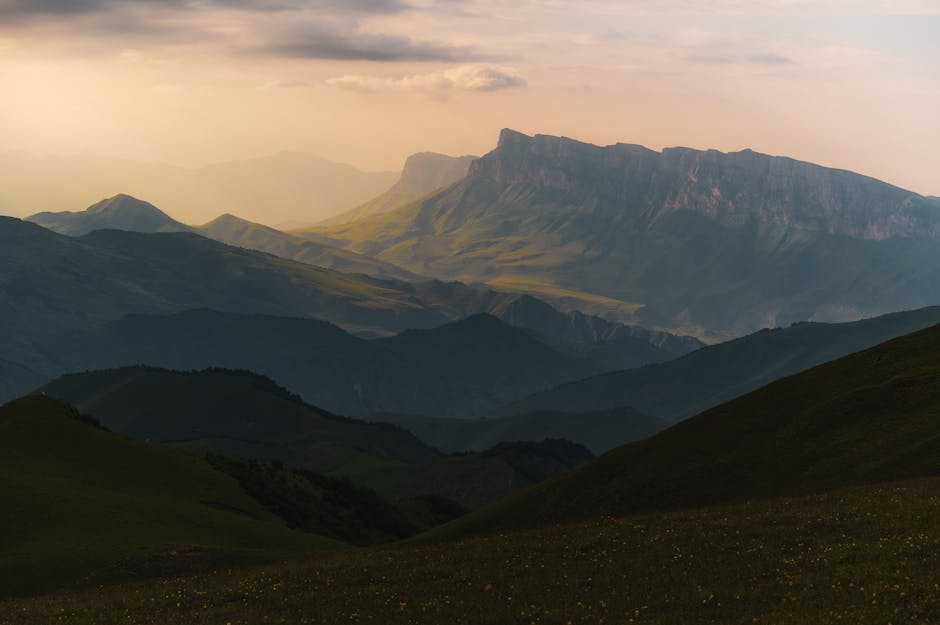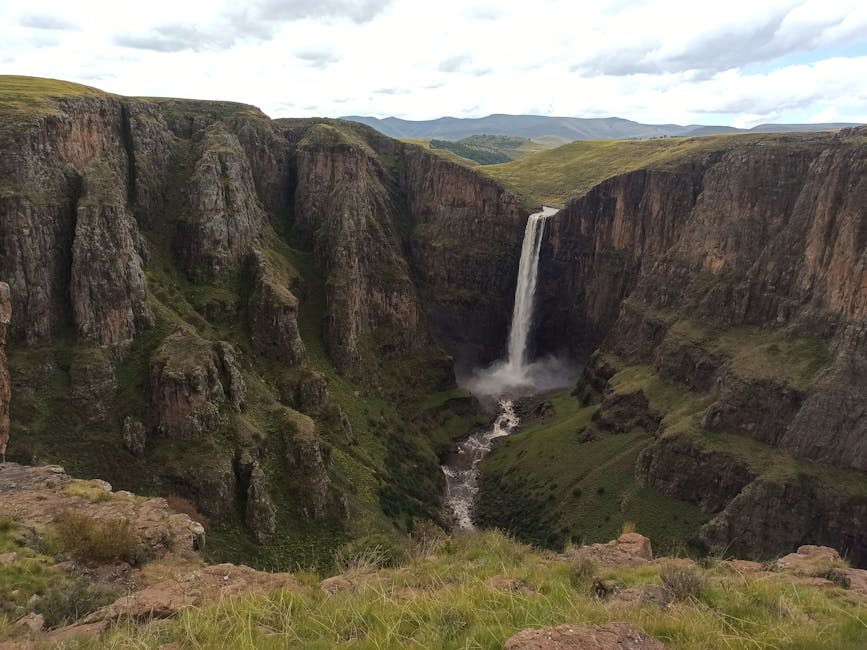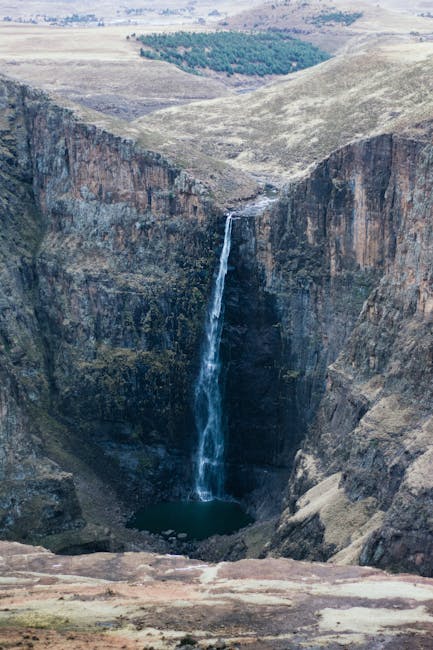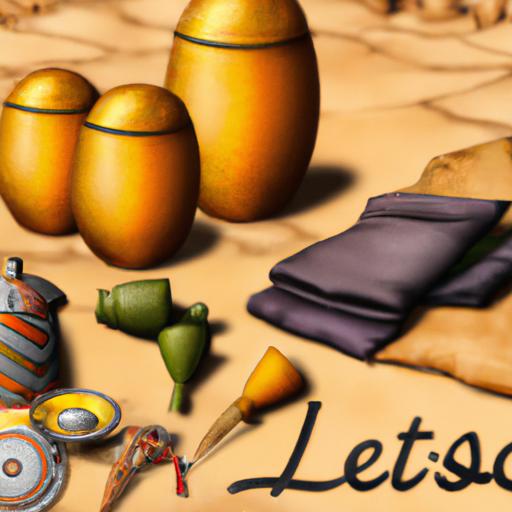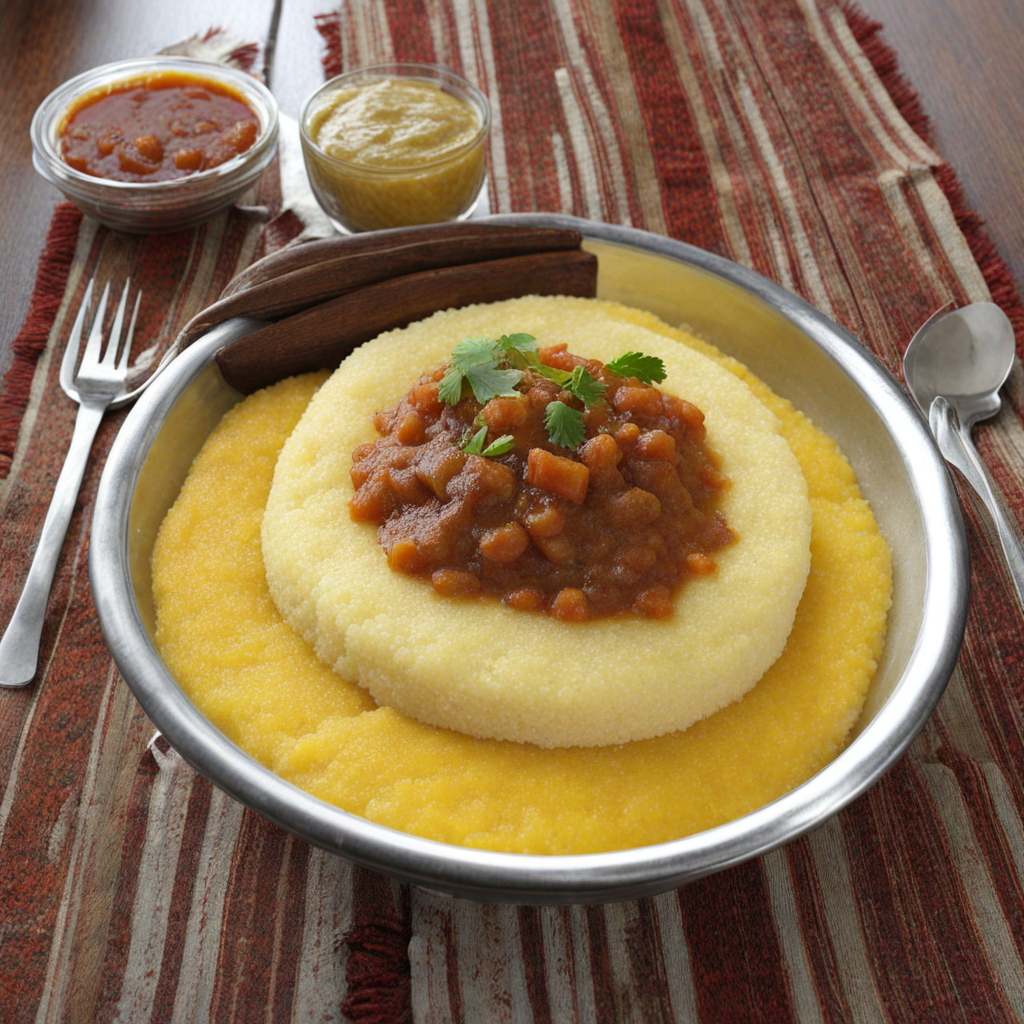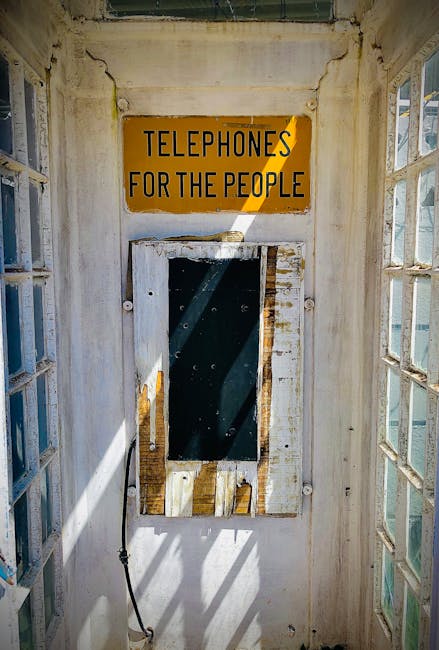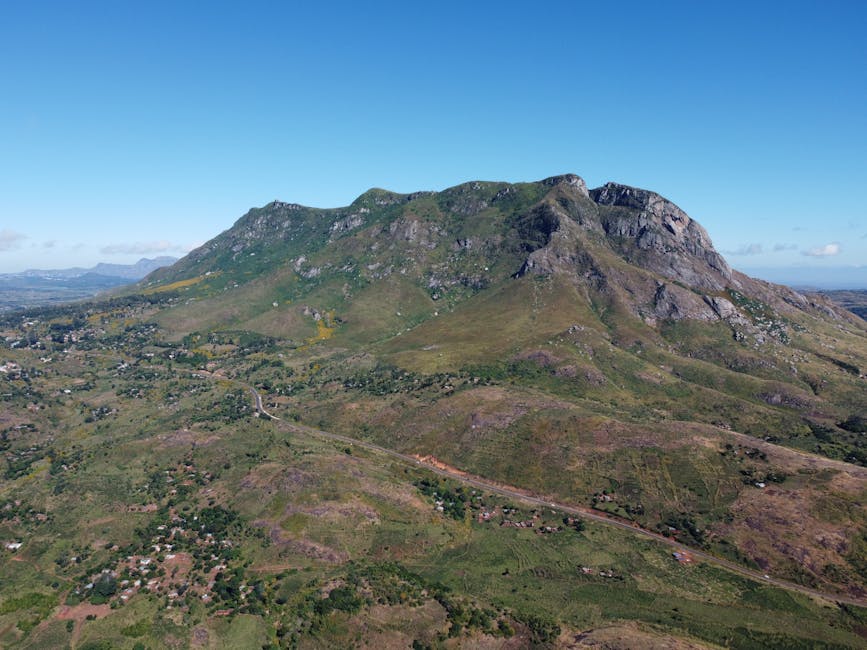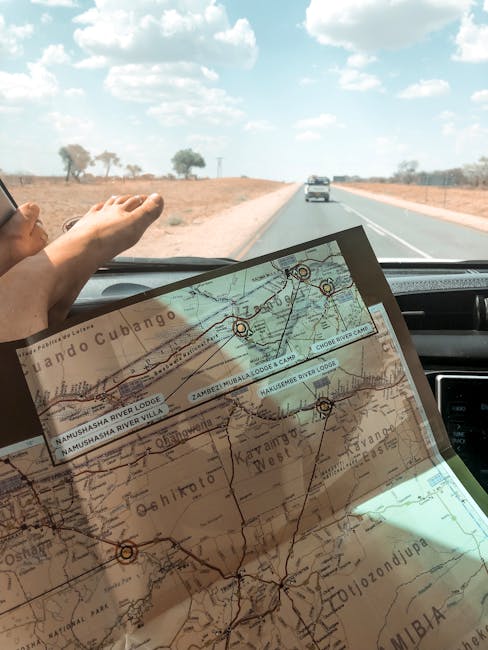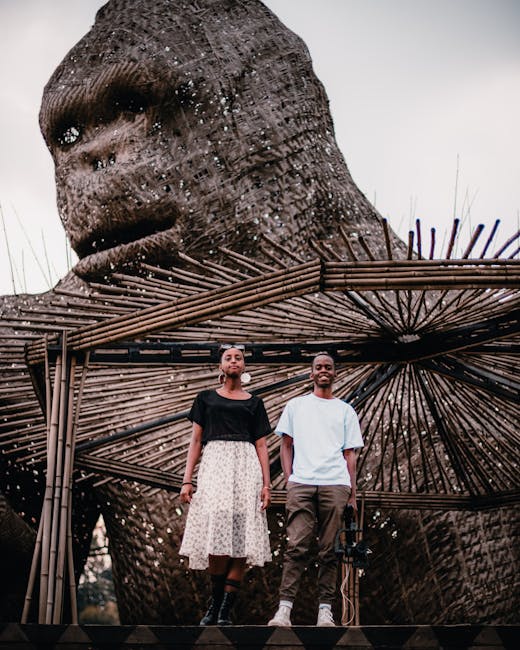Lesotho
Overview
Lesotho, also known as the Kingdom in the Sky, is a high-altitude country located entirely within the borders of South Africa. It's a land of rolling hills, towering peaks, and deep valleys, with a rich cultural heritage rooted in its Basotho people. This Southern African nation is unique for its elevation; it's the only country in the world to be entirely above 1,000 meters. The Basotho culture is vibrant and alive, with traditional music, dance, and art playing significant roles. The locals are known for their friendliness and hospitality, making every visitor feel warmly welcomed. The traditional Basotho hat and blanket are unique symbols of Lesotho’s cultural heritage, which you will often see locals wearing.
The high season for tourism in Lesotho is during the warmer months, from October to April. The weather during this time is generally pleasant, with temperatures ranging from 15 to 30 degrees Celsius. This is the perfect time to indulge in various outdoor activities that Lesotho offers. Hiking is especially popular, with numerous trails offering stunning views of waterfalls, rock formations, and wildlife. Pony trekking is another unique activity, where you can explore the rugged terrain on Basotho ponies. For thrill-seekers, there's also abseiling, mountain biking, and even skiing during winter in the Afriski Mountain Resort. Remember that even in the warmer months, nights can be quite chilly due to Lesotho's altitude, so pack accordingly.
Before visiting Lesotho, it's essential to prepare several things. Check the visa requirements for your country; many nationalities can enter Lesotho visa-free for up to 90 days. Ensure your routine vaccines are up to date, and consider getting vaccines for Hepatitis A and Typhoid as these diseases can be contracted through contaminated food or water in Lesotho. Pack for layers as the weather can fluctuate significantly between day and night. Lastly, while English is widely understood, learning a few phrases in Sesotho, the local language, can enrich your experience and help you connect with the locals.
A Glimpse into the Past
Lesotho, a small landlocked kingdom encircled by South Africa, is often referred to as the "Kingdom in the Sky" due to its high altitude, with the majority of its terrain situated over 1,400 meters above sea level. This mountainous country boasts stunning landscapes, rich culture, and a fascinating history that travelers can explore.
The history of Lesotho primarily revolves around the Basotho people, who are of Sotho origin. The formation of the Basotho nation began in the early 19th century under the leadership of King Moshoeshoe I, a pivotal figure in Lesotho's history. He united several clans and tribes to form a cohesive community, which he led with wisdom and diplomacy. Moshoeshoe's leadership was crucial during a time of instability caused by intertribal conflicts and the encroachment of European settlers.
In the 1830s, the Great Trek, a migration of Dutch-speaking settlers (Boers) into the interior of South Africa, posed a significant threat to the Basotho. Moshoeshoe skillfully negotiated with the settlers while also defending his territory. His capital, Thaba Bosiu, a mountain fortress, became a symbol of strength and resilience. Today, Thaba Bosiu is recognized as a national heritage site, where visitors can learn about the legacy of Moshoeshoe and the early days of the Basotho nation.
The subsequent years saw Lesotho caught in the crossfire of colonial ambitions, particularly from the British and the Boers. In 1868, facing increasing pressure from the Boers, Moshoeshoe sought British protection, leading to the declaration of Basutoland as a British protectorate. This decision had far-reaching consequences, shaping Lesotho's political landscape and its relationship with South Africa.
The British colonial administration imposed new laws and governance structures, disrupting traditional systems. However, the Basotho retained a strong sense of identity, and their culture continued to thrive. The introduction of Christianity by missionaries also played a significant role in shaping Lesotho's societal values, with many converting to the faith while integrating it with local traditions.
Following the end of colonial rule after World War II, Basutoland gained independence in 1966, becoming the Kingdom of Lesotho. The early years of independence were marked by political instability and power struggles, leading to a series of coups and exiles. The democratic process faced significant challenges, culminating in a military coup in 1986 that established a military government.
The 1990s brought a wave of change as regional dynamics shifted, and Lesotho began to move towards democracy once again. In 1993, the country held its first democratic elections, a significant milestone in its history. However, political tensions persisted, and the subsequent years were characterized by a mix of democratic governance and political strife.
Lesotho's rich cultural heritage is evident in its vibrant traditions, art, and music. The Basotho blanket, a distinctive woolen garment, is an important cultural symbol and can be seen worn by both men and women. Its patterns and colors often signify one’s social status and clan identity. Visitors can explore local markets, such as the vibrant Maseru Market, to experience the lively atmosphere and purchase traditional crafts.
One of the most remarkable aspects of Lesotho is its breathtaking landscapes. The country is home to the Maluti Mountains, which offer stunning views and a plethora of outdoor activities. Hiking, mountain biking, and horse riding are popular among adventure seekers. The Sani Pass, a steep mountain pass connecting Lesotho with South Africa, is a must-visit for those looking to experience dramatic scenery and test their driving skills.
Lesotho is also known for its unique wildlife and conservation efforts. The Sehlabathebe National Park, part of the Maloti-Drakensberg Transfrontier Park, is a UNESCO World Heritage site that protects an array of flora and fauna, including rare species endemic to the region. Birdwatching, hiking, and exploring ancient rock art sites are popular activities within the park, offering insight into the region's natural history.
The hospitality of the Basotho people is another highlight for travelers, who will often find themselves welcomed with open arms. Traditional Basotho music and dance play an integral role in community life, and visitors can experience these cultural expressions at local festivals or celebrations. The Mokhotlong region, known for its rich cultural heritage, hosts events where travelers can immerse themselves in traditional Basotho customs.
Traditional cuisine is an essential part of the cultural experience in Lesotho. Dishes such as pap, a maize porridge, and mokhoro, a local stew, are staples that reflect the agricultural lifestyle of the Basotho. Food is often shared communally, and meals are an opportunity to engage with locals and learn more about their way of life.
Lesotho's history is also marked by its struggle for water rights, particularly concerning the Lesotho Highlands Water Project. This ambitious initiative, which began in the 1980s, aimed to harness the country's abundant water resources to provide hydroelectric power and water to South Africa. While it has brought economic benefits, it has also raised concerns about environmental impact and the displacement of communities.
As travelers explore Lesotho, they will find that the country is not just a destination but a living history. From the majestic peaks of the Maluti Mountains to the vibrant streets of Maseru, Lesotho offers a rich tapestry of experiences that speak to its past while embracing the future.
Visitors can also partake in community-based tourism initiatives, which allow them to engage directly with local communities and contribute to sustainable development. These initiatives often include guided tours led by local residents, showcasing their customs, traditions, and the natural beauty of their homeland.
In conclusion, Lesotho's history is steeped in resilience, cultural richness, and a profound connection to its land and people. For travelers seeking to understand the heart of this kingdom in the sky, the journey is as much about the landscapes as it is about the stories of the Basotho people, their triumphs, and their ongoing quest for identity and sovereignty in a rapidly changing world. Whether it is through the majestic mountains, the vibrant culture, or the warmth of its people, Lesotho promises an unforgettable experience that leaves lasting memories.
Top cities for tourists in Lesotho
Discover the Famous Cities That Might Captivate Your Interests
Must-Try Foods You Can't Afford to Miss
Indulge in a Variety of Fantastic Foods During Your Stay in Lesotho
May Be Your Next Destinations
People often choose these countries as their next destination


